Biomolecular & Biomedical Systems
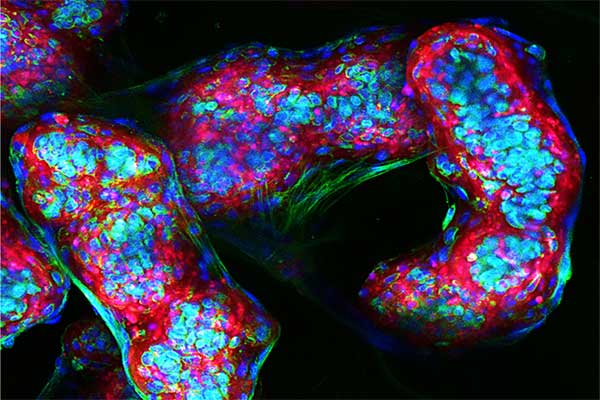
Faculty researchers utilize chemical engineering principles in biological applications to improve medicine and environmental systems.
As a student of chemical engineering at Northeastern University who wants to focus on biomolecular & biomedical systems, you will interact with a multidisciplinary group of our faculty who are at the forefront of using biological and biomedical systems and bioinspired technology, including:
- Metabolic engineering and synthetic biology for sustainable biochemical production and human health. The research includes both bacterial culture systems and plants.
- Microfluidic systems of blood flow and clot formation to examine and predict why clots fracture.
- Biomimetic, biologically-inspired materials and novel culture systems for neural, intestinal, cardiovascular & retinal tissue engineering. This research exploits current knowledge of biology to engineer new drug delivery and tissue engineering platforms.
- Mechanobiological networks within cardiovascular and neural tissue to examine dysfunction and regeneration.
- Micro- and nanoscale detection strategies with a focus on biological systems or materials development.
- Glycoproteins (e.g., mucins and the components of the glycocalyx) in health and disease harness these systems for better treatment strategies.
- Transport in the intestinal environment of ingested materials (e.g., lipids) for better design of oral drug delivery strategies
Examples of research of faculty in their labs being conducted in this research area are highlighted below. Also, view all faculty associated with this research area.
 |
Debra Auguste Professor August Lab for Responsive Drug Delivery and Tissue Engineering engineers solutions to address current challenges in medicine. |
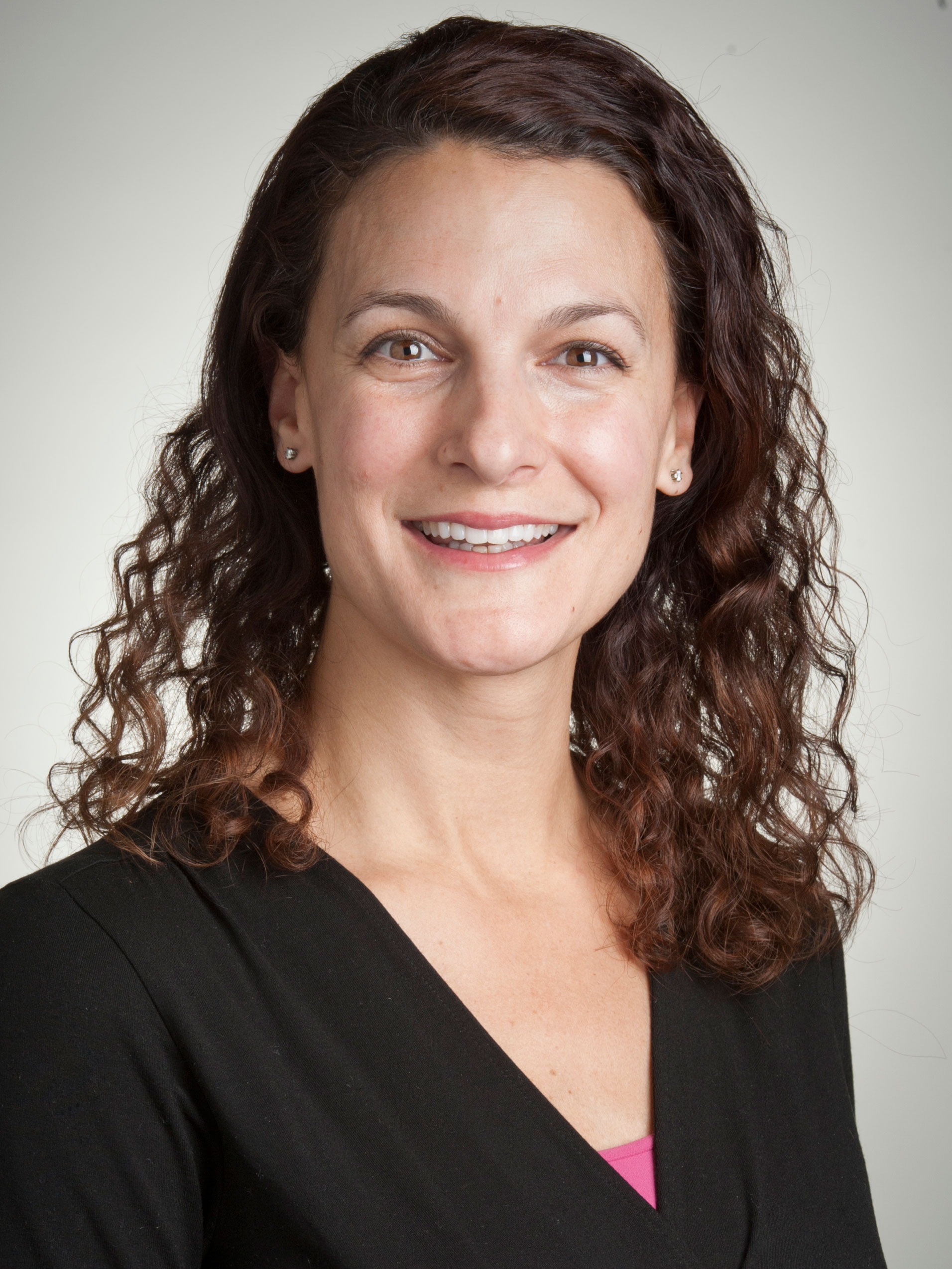 |
Rebecca Carrier Professor Advanced Drug Delivery Research (ADDRES) Laboratory conducts research in regenerative medicine, with a focus on intestinal and retinal tissue engineering, and in oral drug delivery, with a focus on enabling effective oral delivery of therapeutics. |
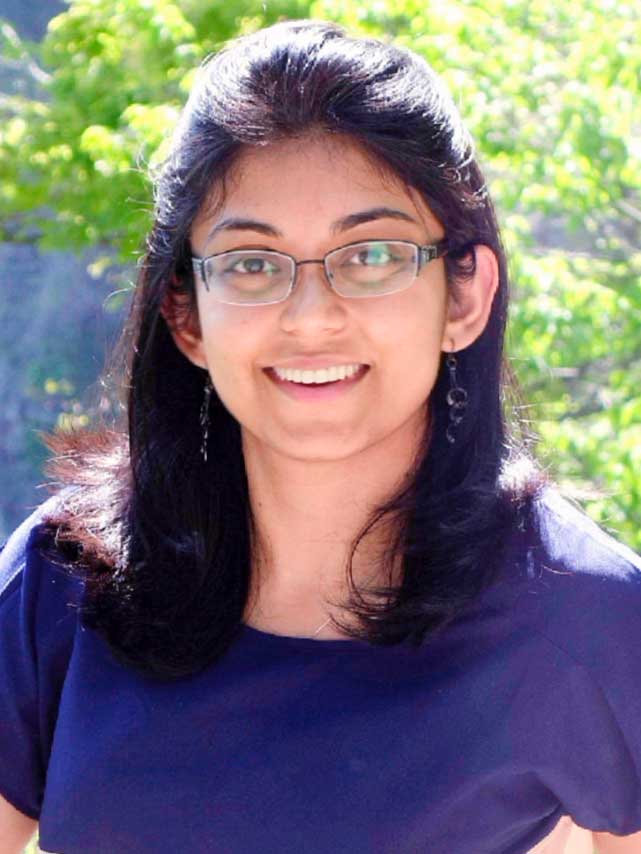 |
Srirupa Chakraborty Assistant Professsor Simbiosys Lab focuses on structure-dynamics modeling of complex biosystems by looking at these through the virtual microscope. The goal of the lab is to solve biomedical problems at the molecular level both from first principles, as well as harnessing data-driven approaches. |
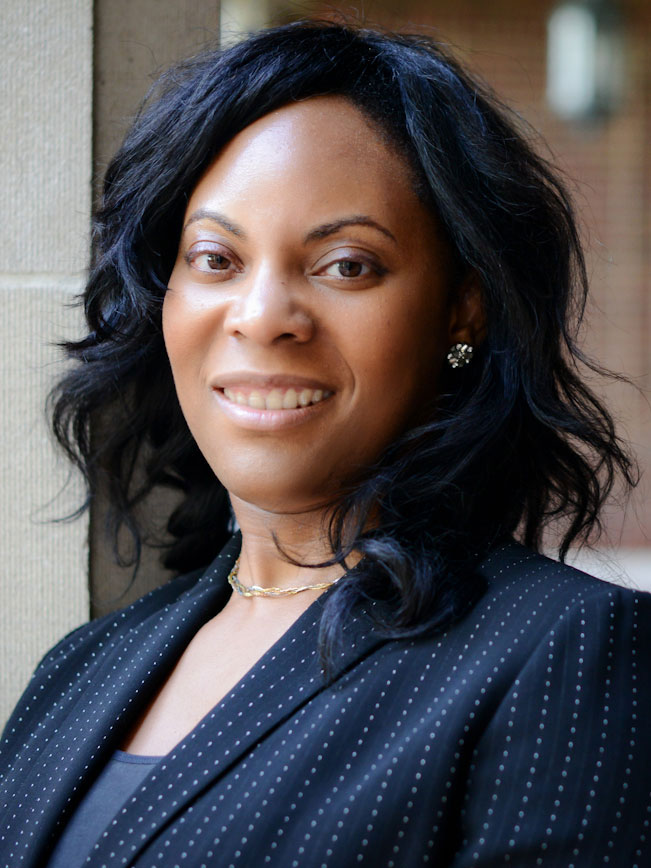 |
Eno Ebong Associate Professor Ebong Laboratory focuses on studying the effects of the mechanical forces of blood flow on the endothelial cells that line and protect our blood vessels—work that is aimed at advancing vascular disease treatment. |
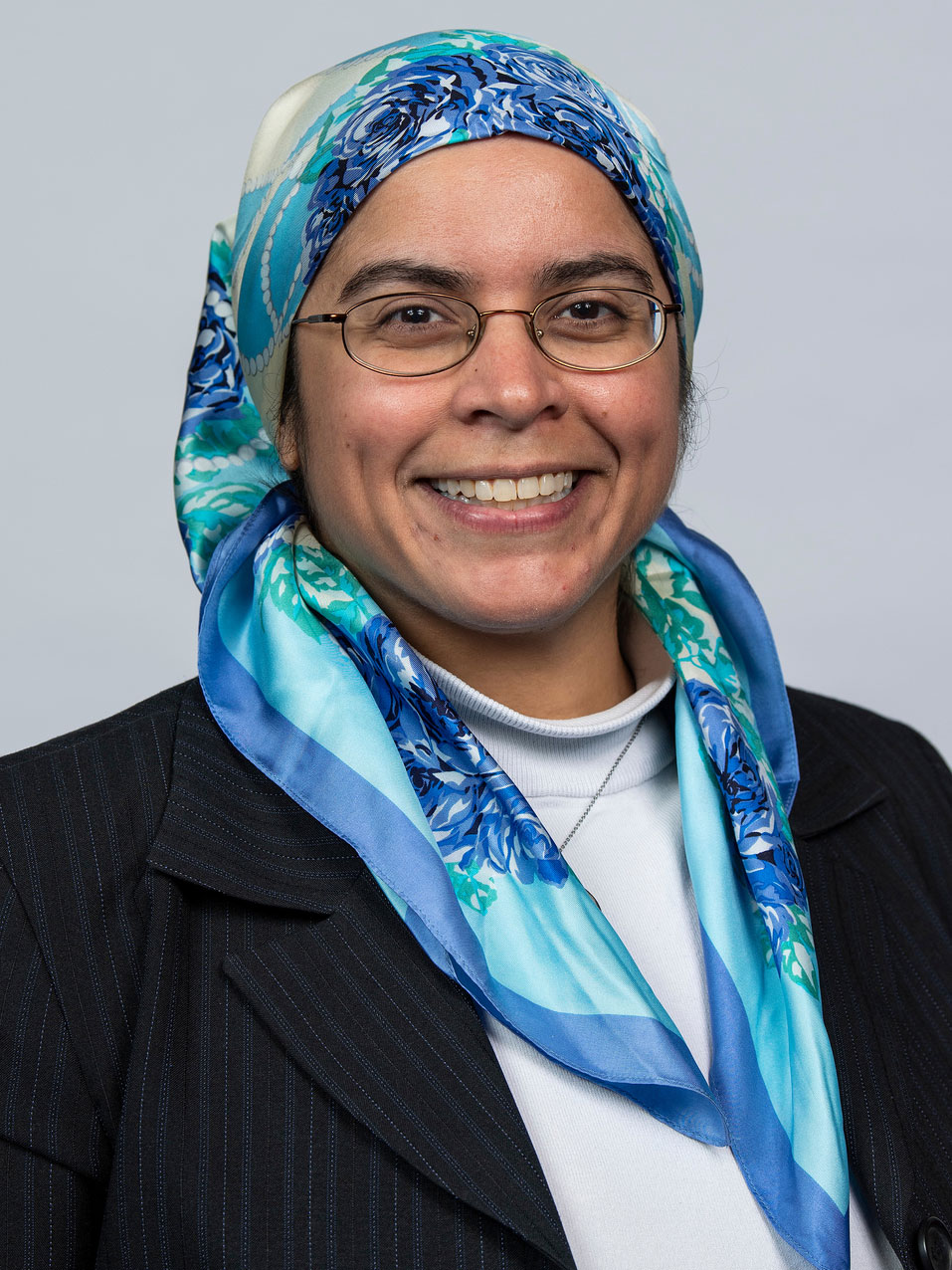 |
Sarah Hashmi Assistant Professor Complex Fluids Lab |
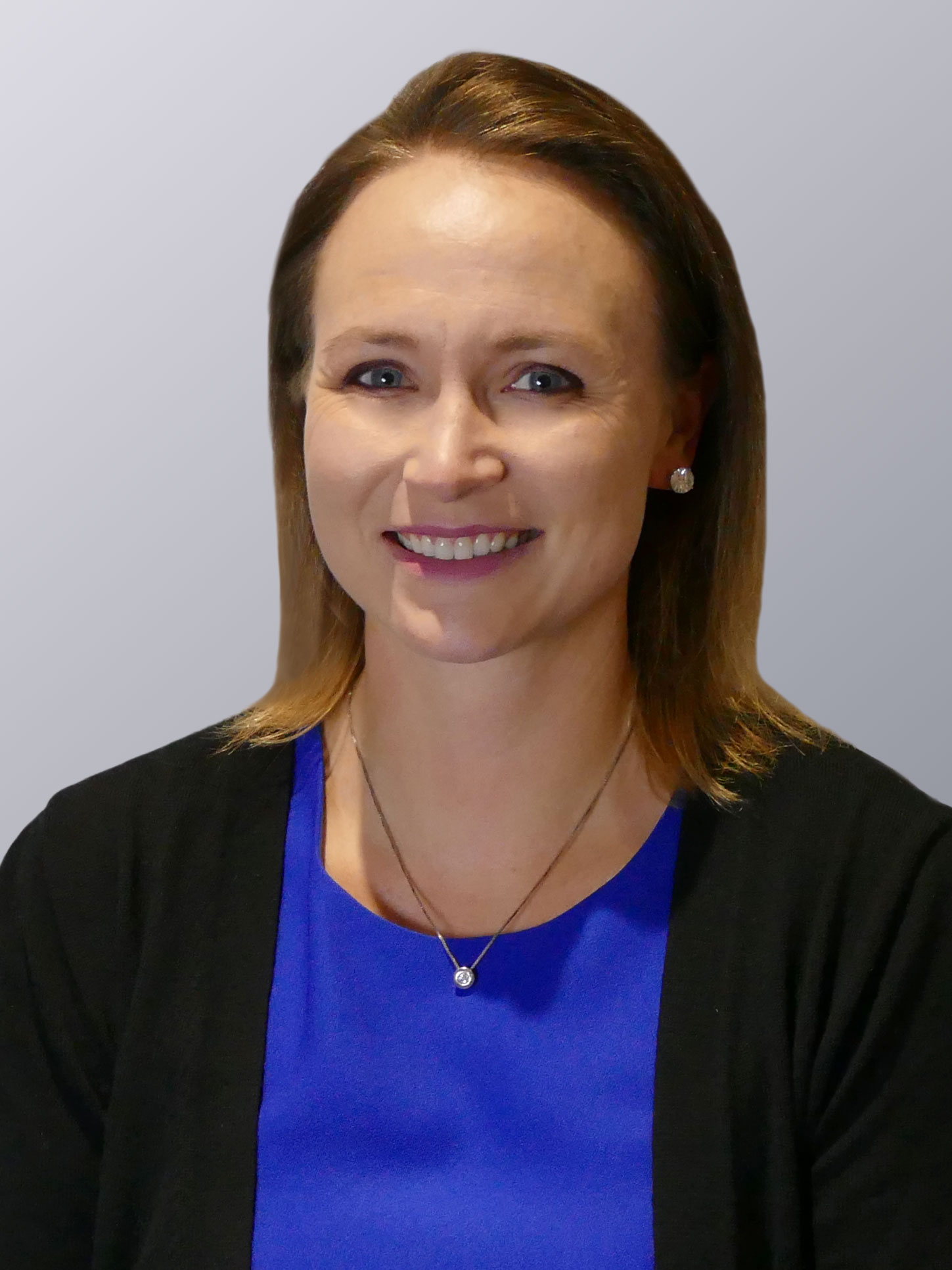 |
Abigail Koppes Associate Professor Advanced Biosystems for Neuroengineering Laboratory (ABNEL) focuses on neural engineering and the interface between neurons and surrounding tissues. Specifically ABNEL develops novel and transformative devices, biomaterials, and biophysical-based therapies for this aims. Current work centers on the gut, heart, and central/peripheral nervous system. |
 |
Ryan Koppes Associate Professor Laboratory for Neuromodulation and Neuromuscular Repair studies the physical bridge between cells and electronics to improve nerve gap and prosthetic technologies. |
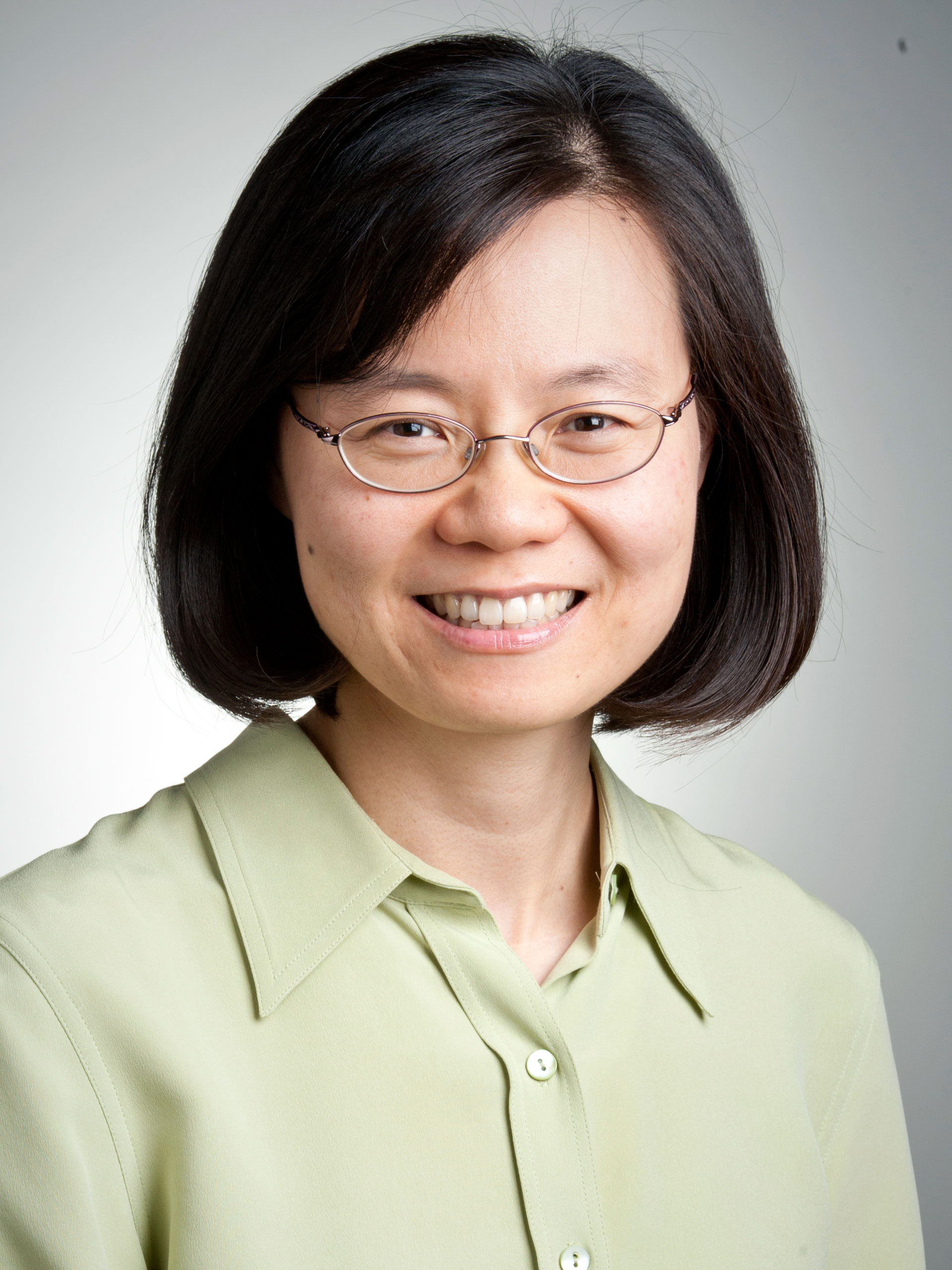 |
Carolyn Lee-Parsons Associate Professor Lee-Parsons Lab investigates and engineers the production of pharmaceuticals from tissue cultures of plants. |
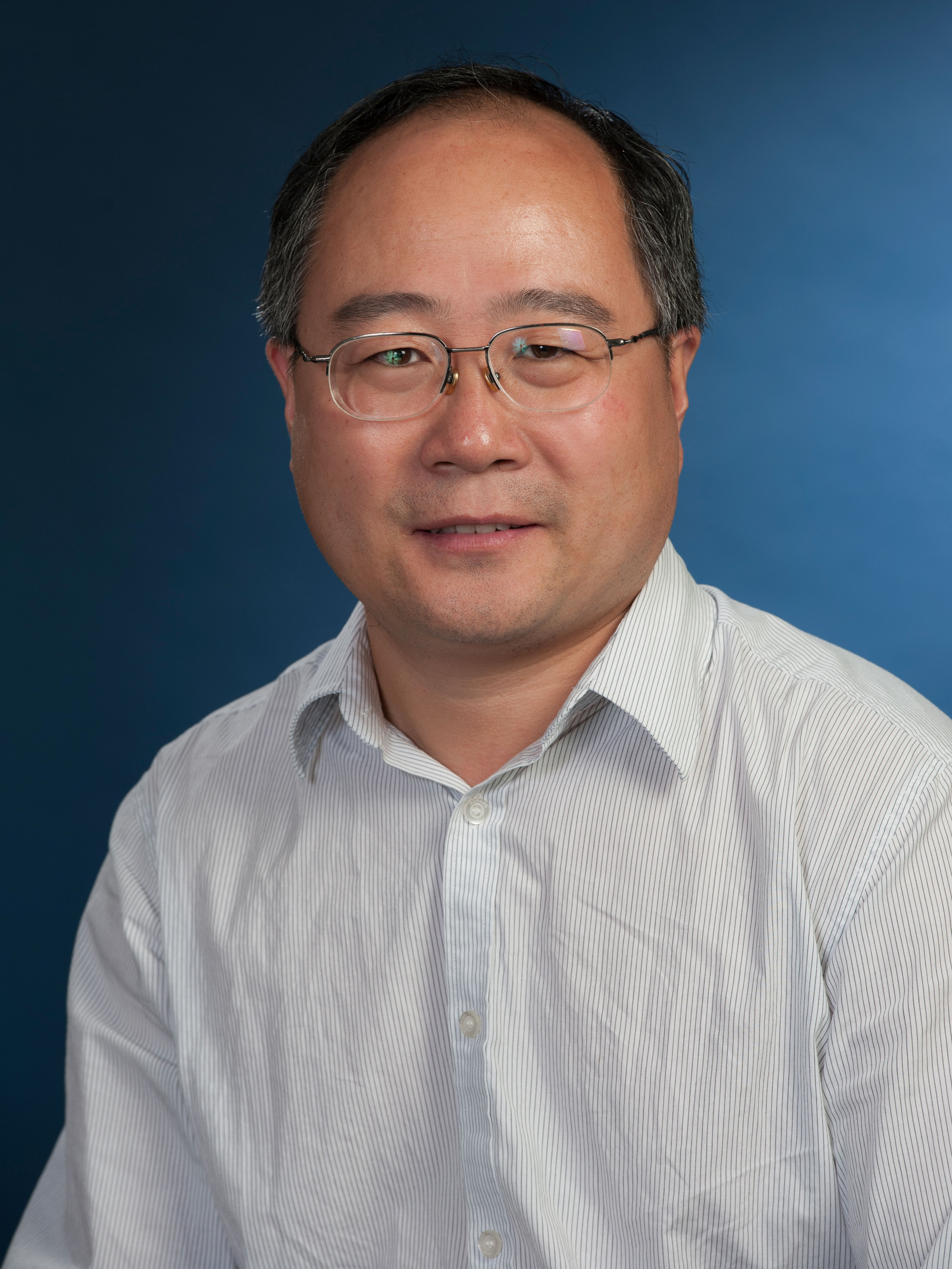 |
Ming Su Professor Su Nanomaterials and Nanomedicine Group at Northeastern University focuses on fundamental and applied researches on materials and medicines. |
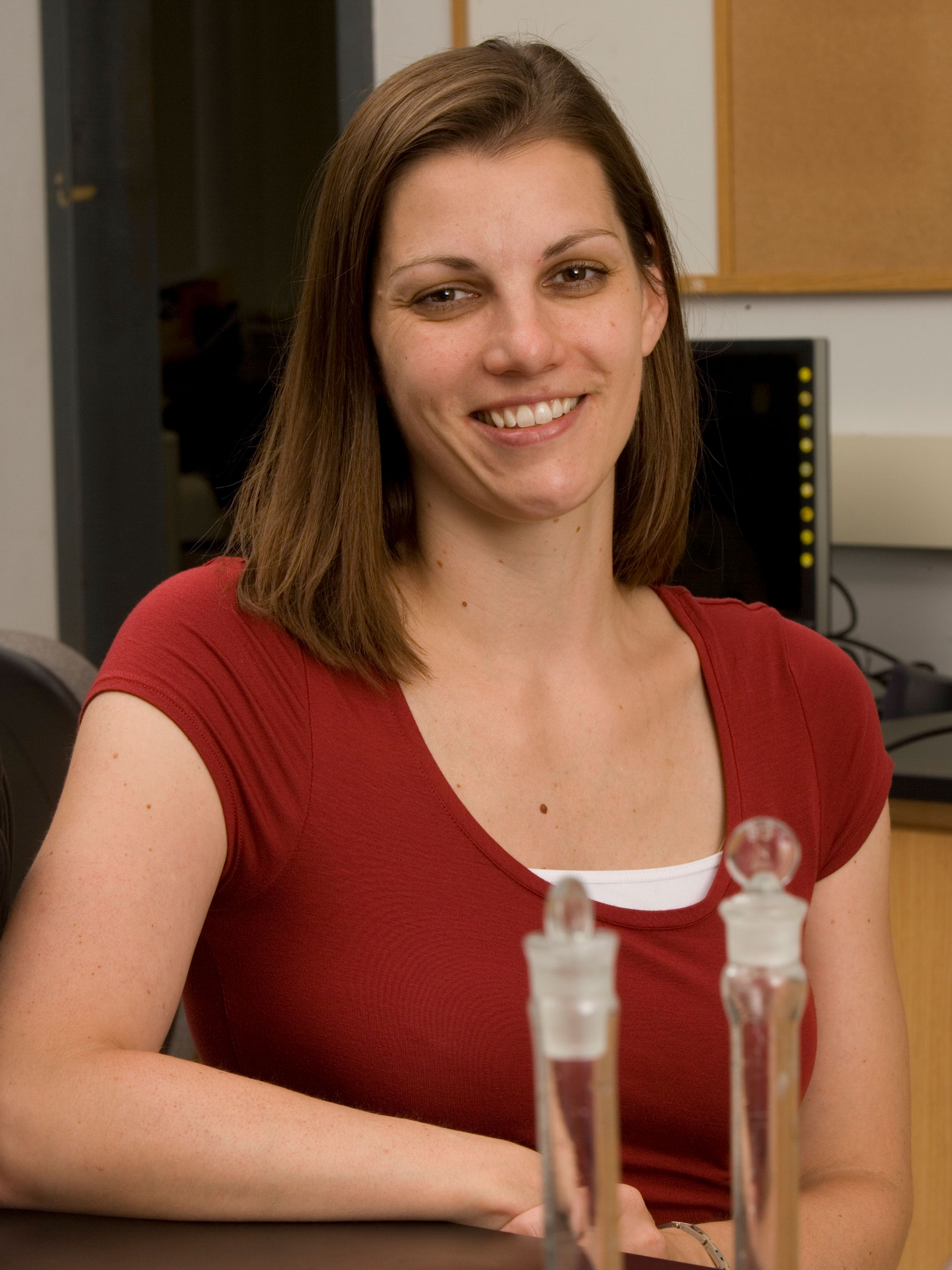 |
Rebecca Willits Professor and Chairperson Materials for Tissue Engineering manipulates the extracellular environment to increase neural differentiation, nerve regrowth, and Schwann cell proliferation in vitro and increase functional nerve recovery in vivo. |
 |
Benjamin Woolston Assistant Professor Woolston Lab focuses on metabolic engineering and synthetic biology for sustainable biochemical production and human health. |